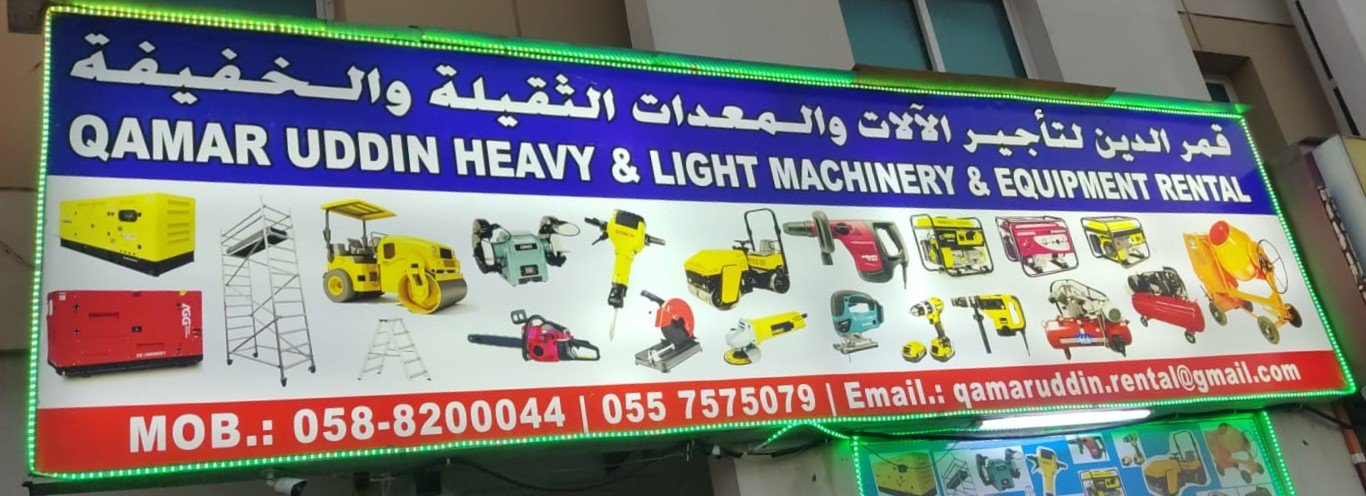In the realm of construction, renovation, or any project that requires specialized equipment, the decision to rent or buy machinery is a crucial one. While ownership might seem like the most straightforward option, renting equipment offers a myriad of benefits that can significantly impact project efficiency, budget management, and overall success.
Cost-effectiveness stands out as one of the primary advantages of renting equipment. Purchasing heavy machinery outright entails a substantial upfront investment, not to mention ongoing costs such as maintenance, storage, and depreciation. In contrast, renting allows businesses to access high-quality equipment without the burden of long-term financial commitments. This flexibility in expenditure allocation enables better budget management and cost control, especially for short-term or occasional projects.
Flexibility is another compelling reason to opt for equipment rental. Projects often require a diverse range of machinery, each tailored to specific tasks or stages. Renting grants access to a vast inventory of equipment options, ensuring that you can select the right tools for the job without being limited by ownership constraints. This adaptability is particularly advantageous in dynamic industries where project requirements may vary over time.
Moreover, renting equipment offers a practical solution for businesses seeking to mitigate risks and uncertainties. Machinery rental companies typically maintain and update their inventory to meet industry standards and regulatory requirements. This means that renters can rely on well-maintained, up-to-date equipment, reducing the likelihood of unexpected breakdowns or downtime during critical project phases. Additionally, rental agreements often include service and support provisions, providing peace of mind and minimizing disruptions to project timelines.
Beyond financial and operational considerations, renting equipment aligns with sustainability objectives by promoting resource efficiency. Opting for rental reduces the demand for new machinery production, thereby decreasing environmental impact associated with manufacturing processes and raw material extraction. Additionally, rental models encourage equipment sharing among multiple users, maximizing asset utilization and minimizing idle capacity, further contributing to resource conservation and waste reduction efforts.
In conclusion, the decision to rent equipment for your projects offers numerous advantages that extend beyond immediate cost savings. From enhanced flexibility and risk mitigation to sustainability benefits, renting empowers businesses to optimize resource allocation, streamline operations, and achieve project objectives efficiently. By leveraging the flexibility and support offered by equipment rental companies, organizations can navigate project challenges with confidence, unlocking new opportunities for growth and success.

